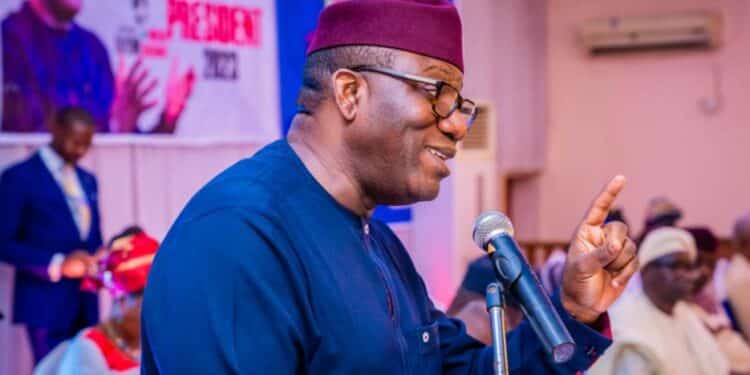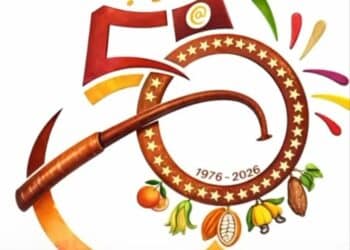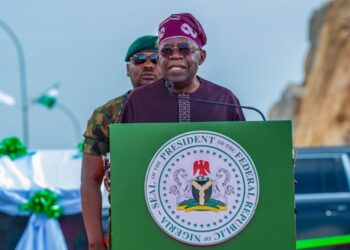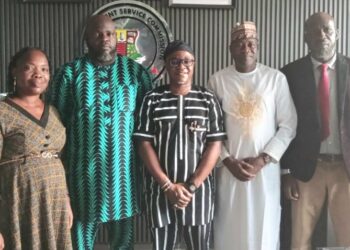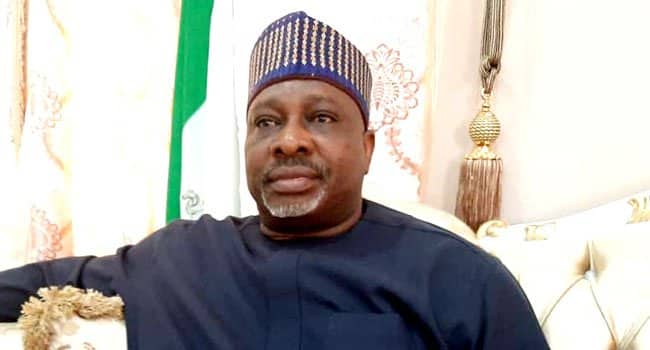The former Governor of Ekiti State and Visiting Professor at King’s College, University of London, Dr. Kayode Fayemi, stated that “to describe this amalgamation itself as a mistake would be wrong, historically and conceptually.”
Fayemi, the Guest Speaker at the Yemi Farounbi @ 80 Lecture, organised by Ibadan Discourse Group and held on Thursday at the Law Hub Hall, Ring Road, Ibadan, the state capital celebration of elder statesman and diplomat, added that restructuring should focus less on redrawing the map of Nigeria and more on building an efficient governance system capable of delivering the greatest good to the greatest number of people.
“This is very logical if we understand that nation-building is an endless endeavour and that no generation is ever satisfied with the work it has done; it is the generation that comes after that can truly appreciate the progress that has been made when they begin to take for granted what was scarcely available for the generation before them. Nation-building is an unfinished business,” Fayemi said.
He added, “Over the years, I have heard even presumably informed analysts refer to our country as the mistake of 1914. Even recently, I read a newspaper report purportedly credited to Northern Elders Forum leader, Professor Ango Abdullahi, that the 1914 amalgamation has expired and Nigeria is therefore due for retirement. Regardless of how one might take that statement from Prof. Abdullahi, was the amalgamation a mistake? The American social philosopher Eric Hoffer argued that divide and rule is most effective when it “fosters a multiplicity of compact bodies—racial, religious, or economic—vying with and suspicious of each other.” Therefore, it is possible to argue that the toxic legacy of the colonialists’ ‘divide and rule’ strategy may be why we have remained divided even six decades after their rule ended. However, to describe this amalgamation as a mistake would be wrong, historically and conceptually. The hands that drew the map may not have been ours, but the map was possible only because we were here in the first place.
“Every student of history will agree that as a people, if not as a country, Lord Lugard did not introduce us to ourselves. Long before the white man set foot on our land, our people had developed an intricate network of relationships. Even though they lived in their various enclaves as independent people, they traded together; they married and fought together as allies in battles and against one another as adversaries.”
Dr. Fayemi opined that whatever defects are occurring in Nigeria can be corrected without collapsing the whole structure.
Speaking on the theme, “The Future and the Challenges of the Nigerian State,” Fayemi acknowledged that most of the challenges facing the nation today could not have been envisaged in 1999.
However, he asserted that these challenges should be seen as opportunities to test the nation’s governance system and its capacity to respond to issues of national coexistence.
Meanwhile, friends and associates of Amb. Farounbi explored the event to celebrate the personality and virtues of the elder statesman and diplomat, whose contributions to Nigerian nation-building and the broadcasting industry cannot be over-emphasised.
In attendance were former Minister of Education and Chairman of the occasion, Prof. Tunde Adeniran; Baale Taiye Ayorinde; Chairman of the Ibadan Discourse Group, Chief Bisi Adesola; ace broadcaster Dr Yanju Adegbite; Edmund Obilo; and other dignitaries.


